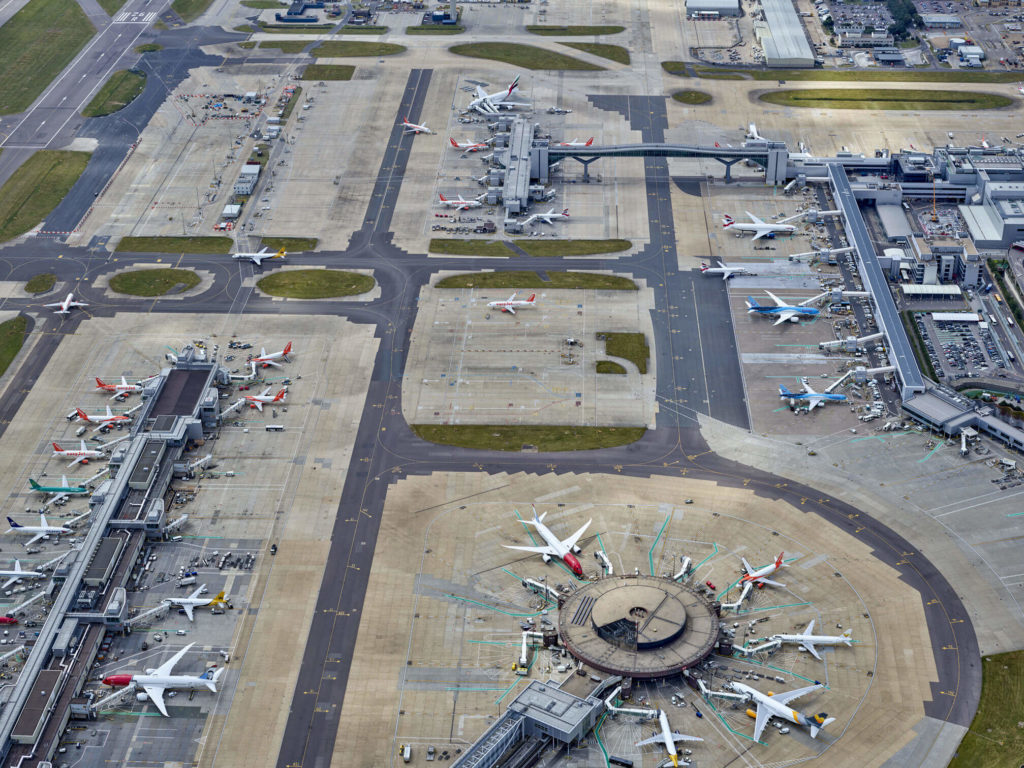South East consumer sectors a key indicator for severity of economic downturn

Consumer-facing sectors in the South East will be a canary test for how the South East's economic fortunes will fare in the economic downturn.
Gross domestic product contracted by 0.3% in April after falling by 0.1% in March, the first back-to-back declines since April and March 2020, at the start of the coronavirus pandemic.
Economists polled by Reuters had on average expected GDP to grow by 0.1% in April from March.
Julie Palmer, regional managing partner, at Begbies Traynor Group said the consumer facing sectors such as hospitality and travel were key to the South East's ability to deal with the downturn.
She said: "Consumer confidence is a major issue and this has been caused by prices at the fuel pump along with the energy crisis and food inflation caused by supply chain issues.
"Going forward , start watching any consumer facing sectors and how they are affected. Consumer facing sectors have traditionally been a bit of a protected bubble.
"People, however, just don't feel confidence in the economy and if they don't spend and batten down the hatches then it becomes a self fulfilling prophecy so I think there is a risk of that."
The travel sector in the South East outside of London, with the main hub of Gatwick Airport (pictured above), has not been immune from the recent staff shortages which have hit the airline industry.
Julie said: "Travel going through a boom time at the moment which it can't control.
"Everybody is keen to get away but how many stories will we see of cancelled flights before they think it isn't worth bothering?
"The travel sector really needs to get its act in order and prove to people that it safe to travel again."
The Begbies Traynor managing partner, who specialises in assisting firms in difficulty, said that planning was key for management teams and business owners.
She said: "Energy has to be a focus at the moment in terms of managing and curtailing use.
"It is also important to understand supply chain issues and understand where the issues are and how they effect the quality of their own deliverables.
"With inflation - forecast, forecast, forecast . What effects is inflation going to have on your margins and to what extent are you are going to have to pass this onto your customers and can you do it without decreasing demand?"
"Forecasting is key now more than ever and people need accurate , regularly assessed management information to deal with what is a moveable feast right across the piece at the moment."
READ MORE: Warning of "wave of insolvencies" as inflation begins to bite
With two months of negative growth, is the UK economy on the path to a technical recession which would be marked by six months of negative growth in a row?
Potentially, according to Julie, however action on fuel prices, she says, could fend off a fiercer economic downturn.
"A lot of economists seem to think we will be getting growth in the next few months, said Julie.
"There might be a little bit of stimulus from the Chancellors measures around energy however the storm clouds are still going to be gathering and are going to be a difficult thing to navigate through.
"Fuel prices are having a dampening effect on confidence and they raise a huge amount of revenue for the exchequer and should be looked at.
"If this slide isn't addressed and quickly then potentially we could have a technical recession and that would have further negative affect on consumer confidence."














